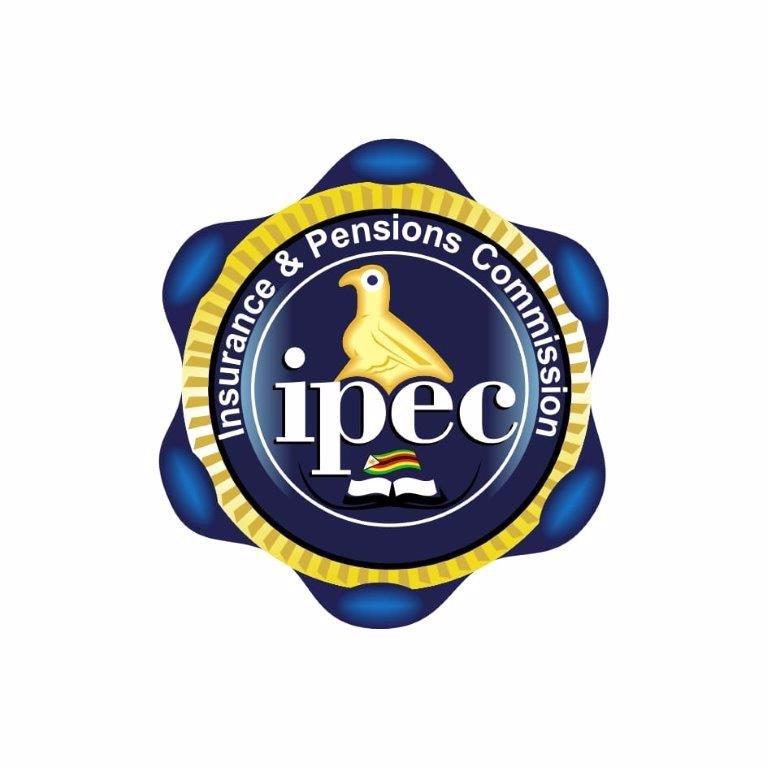Metering: NERC names 23 companies as importers, 58 as installers
By Favour Nnabugwu
The Nigeria Electricity Regulatory Commission, NERC, has named 23 companies as importers and 58 as installers
A total of 99 companies as metering service providers for the power sector.
The commission in a notice posted on its website said the companies have been certified with some companies whose licences had expired, renewed.
A breakdown showed that 15 companies including Turbo Energy, MOMAS Electricity Meter Manufacturing Company Limited, Mojec Meter Company Limited, MBH Power Limited were certified as meter manufacturers.
Another of 23 companies including Afro-Chinese Infrastructure Investment Limited, Erasko Energy Nigeria Ltd, Tripple Seventh Nigeria Ltd, Beacon Energy Development Services Ltd and Ar-Rahman Technical Services Nigeria Limited were cleared to import meters into the country.
Also, NERC listed three companies, Lafred Engineering Limited, Global Utilities Management Company Limited and Hafmani Nigeria Limited as certified vendors.
The commission listed 58 other companies as corporate installers.
NERC had recently disclosed that 1,092,399 customers have been provided with prepaid meters, under the Meter Asset Provider, MAP, scheme and the National Mass Metering Programme, NMMP.
The commission disclosed that 508,439 customers have been metered under the MAP scheme, adding that 583,960 meters had been distributed under the MAP scheme.
It stated that 5,855 customers who had paid for prepaid meters were yet to get their meters.
Also the Meters Asset Providers last month petitioned the Federal Government over some problems, including, fixed meter pricing, unavailability of foreign exchange and Customs clearing bottlenecks.
In a communiqué issued at the end of their meeting, June 17, 2021, MAPs, had stated: “An upward review of the current price of prepaid meter by NERC in view of rising inflation, continued upward movement of foreign exchange rates, associated increases in customs costs, increase in container freight costs, and the disruptions in the international supply chain, leading to a global increase in the prices of raw materials and components for the manufacture of prepaid meters.
“MAPs, however, note that there will be a corresponding downward review of meter prices when there is a downward movement in foreign exchange rates and other cost factors.
‘’The CBN should guarantee access to foreign exchange to Local Meter Manufacturers and Assemblers for the procurement of parts and accessories (Completely Knocked Down (CKD) or Semi Knocked Down (SKD) parts) including equipment for meter manufacturing/production as well as expansion of factory infrastructure.”





